Early Childhood Development
Learning development starts long before a child begins kindergarten. A child’s development is strengthened through regular interaction and stimulation in both the home and in quality early learning settings.
Here are five things to know about child care and childhood development:
- The brain is most flexible and adaptable to learning during the earliest years of life. More than 1 million new neural connections are formed every second in the first few years of life.
- Children are already rehearsing how to produce language at 7 months old.
- When a child enters kindergarten ready for school, there is an 82% chance they will master basic skills by age 11, compared with a 45% chance for children who are not school ready.
- High-quality early childhood education has a long-term effect on children’s cognitive and socioemotional development through kindergarten and beyond. It’s also shown to help children improve attentiveness, regulate their emotions, and develop social connections.
- Attending preschool is shown to reduce the likelihood that a child repeats a grade by 15%.
Learn more:
Posts
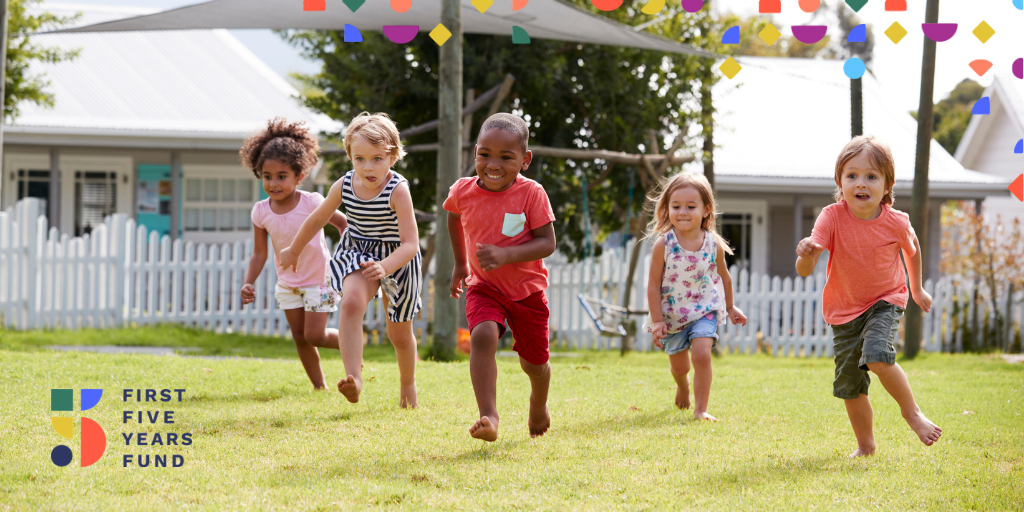
Resource
February 3, 2022
Economic development starts with early childhood development—and the best investments ensure all children who need it have access to high-quality early learning and care opportunities. Evidence shows that increased access …
Resource
October 13, 2021
On October 7, thousands of policymakers, scholars, and practitioners across the nation joined the National Prenatal-to-3 Research to Policy Summit. At the summit, the Prenatal-to-3 Policy Impact Center unveiled the …
Resource
August 27, 2021
The BUILD Initiative, in collaboration with EducationCounsel, Center for Law and Social Policy, Georgetown Center for Children and Families, and Linchpin Strategies, released Supporting Prenatal-to-Three with Federal Relief Funds, a …
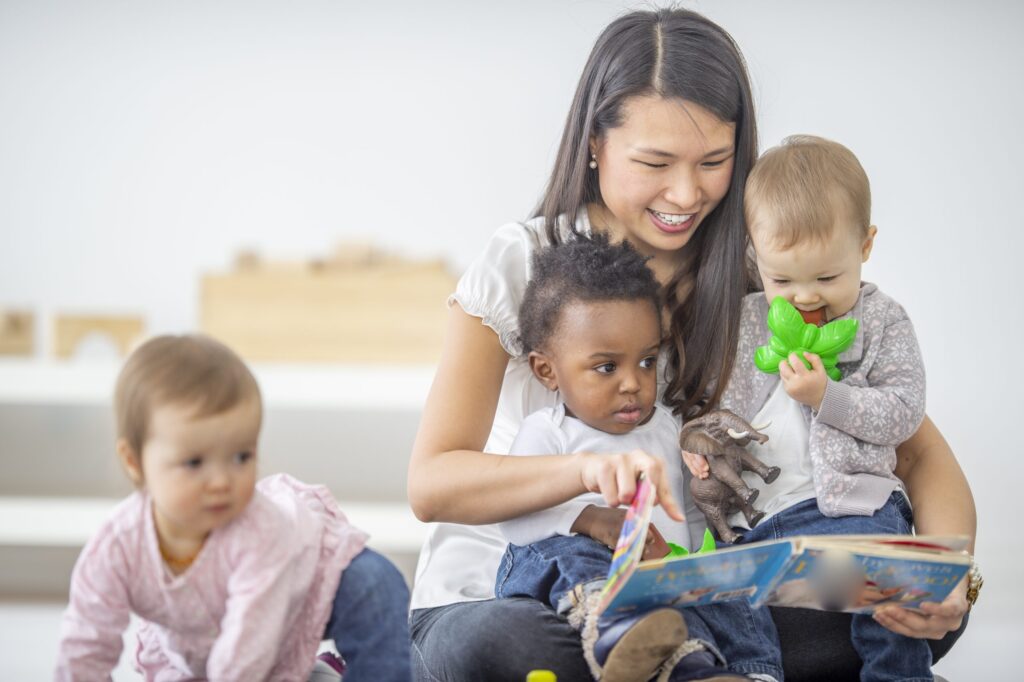
Resource
August 4, 2021
The Organization for Economic Cooperation and Development (OECD) recently released its sixth Starting Strong report, which includes data from 26 countries and jurisdictions throughout the world. The report focused on …
Resource
July 9, 2021
The early childhood workforce is a linchpin for communities nationwide, even while working high stress jobs that are largely underpaid and underappreciated. A new policy brief from the Child Care …
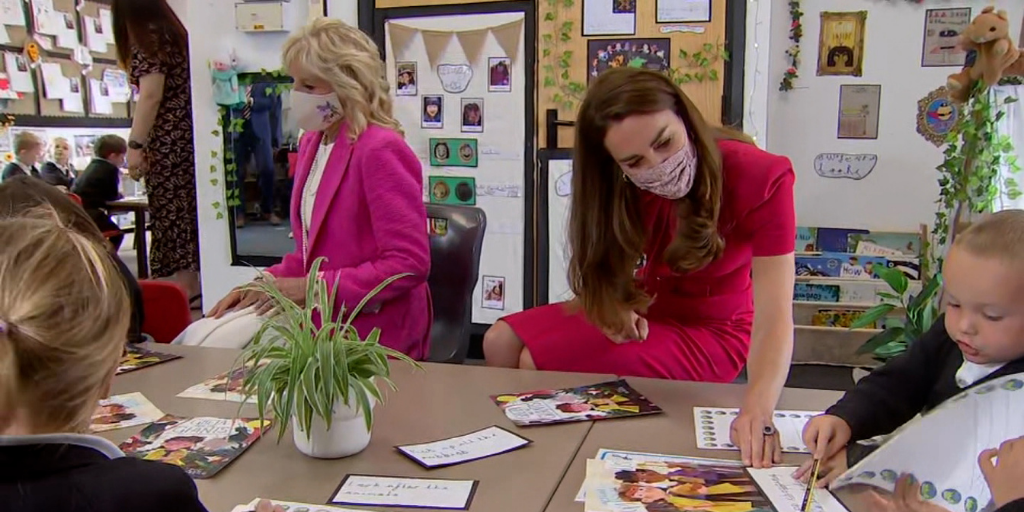
News
June 11, 2021
Today, First Lady Jill Biden and Catherine, the Duchess of Cambridge, visited a classroom of young learners to see firsthand the importance of high-quality early education opportunities for children from …
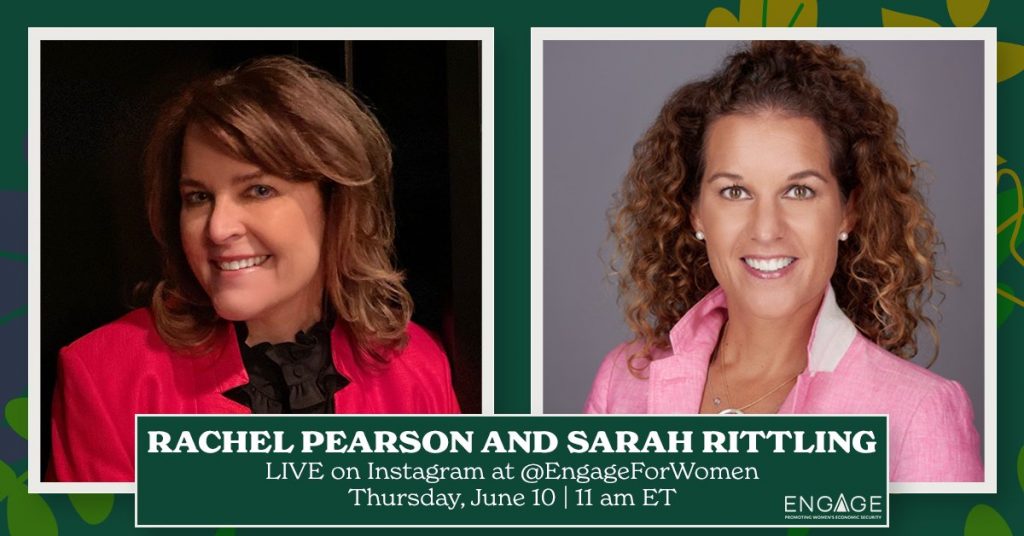
News
June 11, 2021
This week, FFYF Executive Director Sarah Rittling joined Engage for Women, a bipartisan organization that seeks to promote women’s economic security, to discuss the opportunity to build a child care …
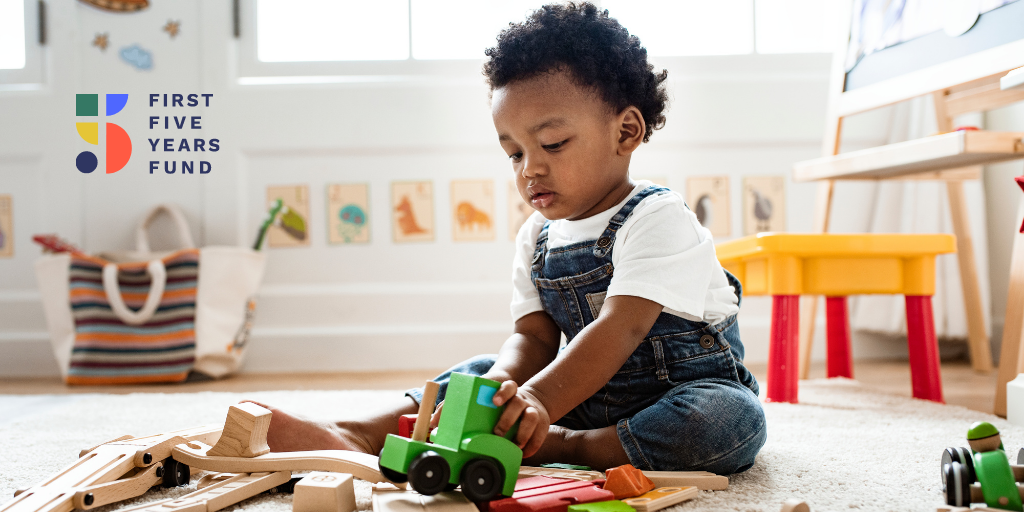
Resource
May 27, 2021
Adverse childhood experiences (ACEs) and sustained exposure to trauma are shown to have a negative impact on a child’s development that can last a lifetime. New analysis from the Harvard …
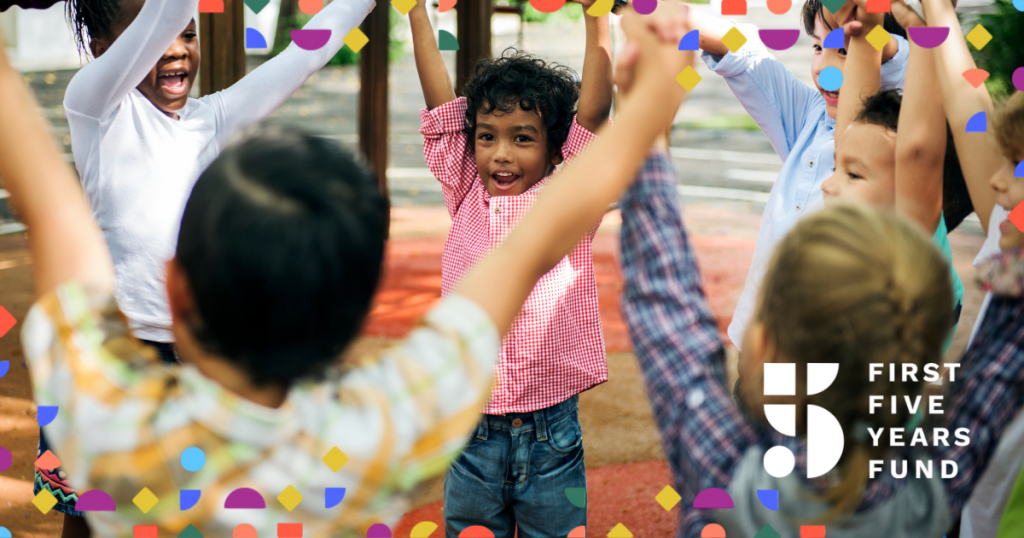
Resource
May 10, 2021
This morning, the School Effectiveness and Inequality Initiative at the Massachusetts Institute of Technology (MIT) released the findings of a new study on the long-term effects of Boston’s preschool program. …
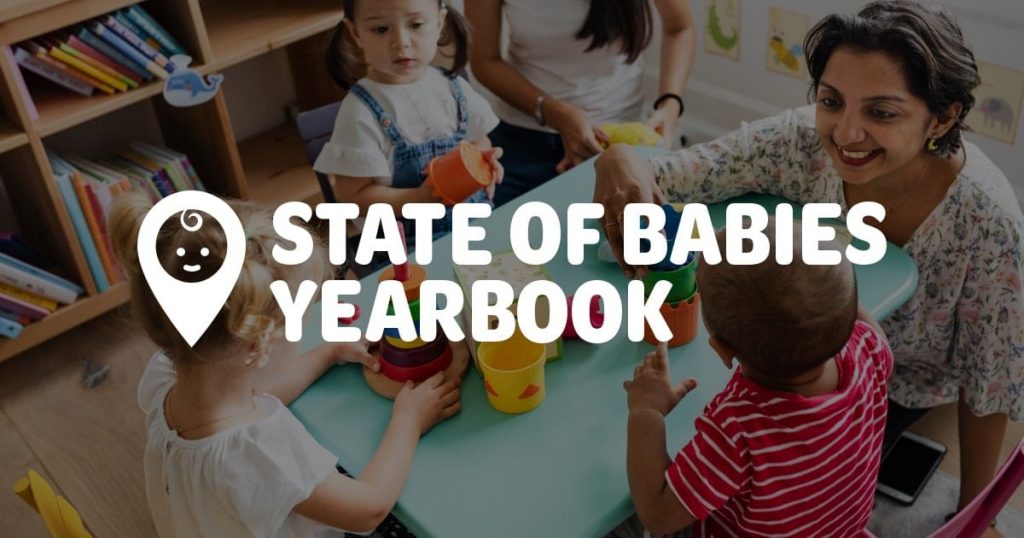
Resource
April 26, 2021
ZERO TO THREE released the State of Babies Yearbook: 2021, an in-depth report on how state and federal policies and the COVID-19 pandemic impact the lives of families and their …
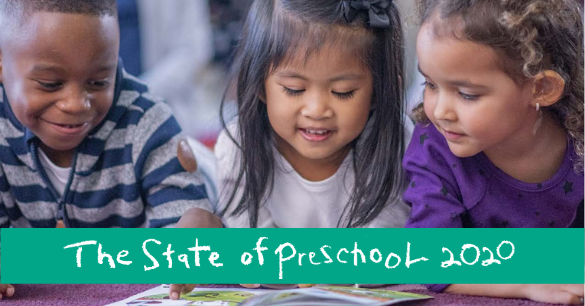
Resource
April 21, 2021
The National Institute for Early Education Research (NIEER) released the 2020 State of Preschool report, an annual survey of state preschool policies, which includes recent data on how the COVID-19 …
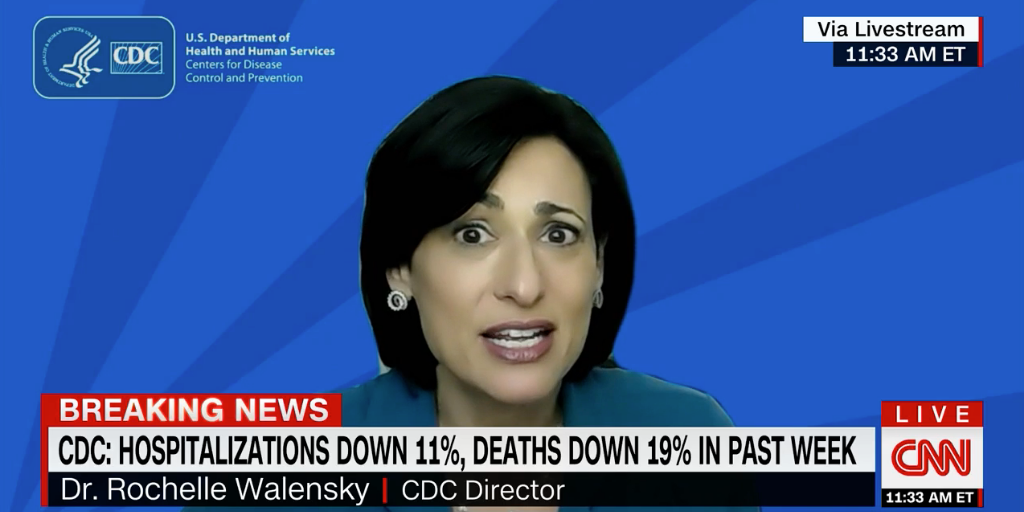
Resource
March 12, 2021
Today, the Centers for Disease Control and Prevention (CDC) released updated guidance for operating child care programs during COVID-19 based on the most recent science and new evidence around important …









